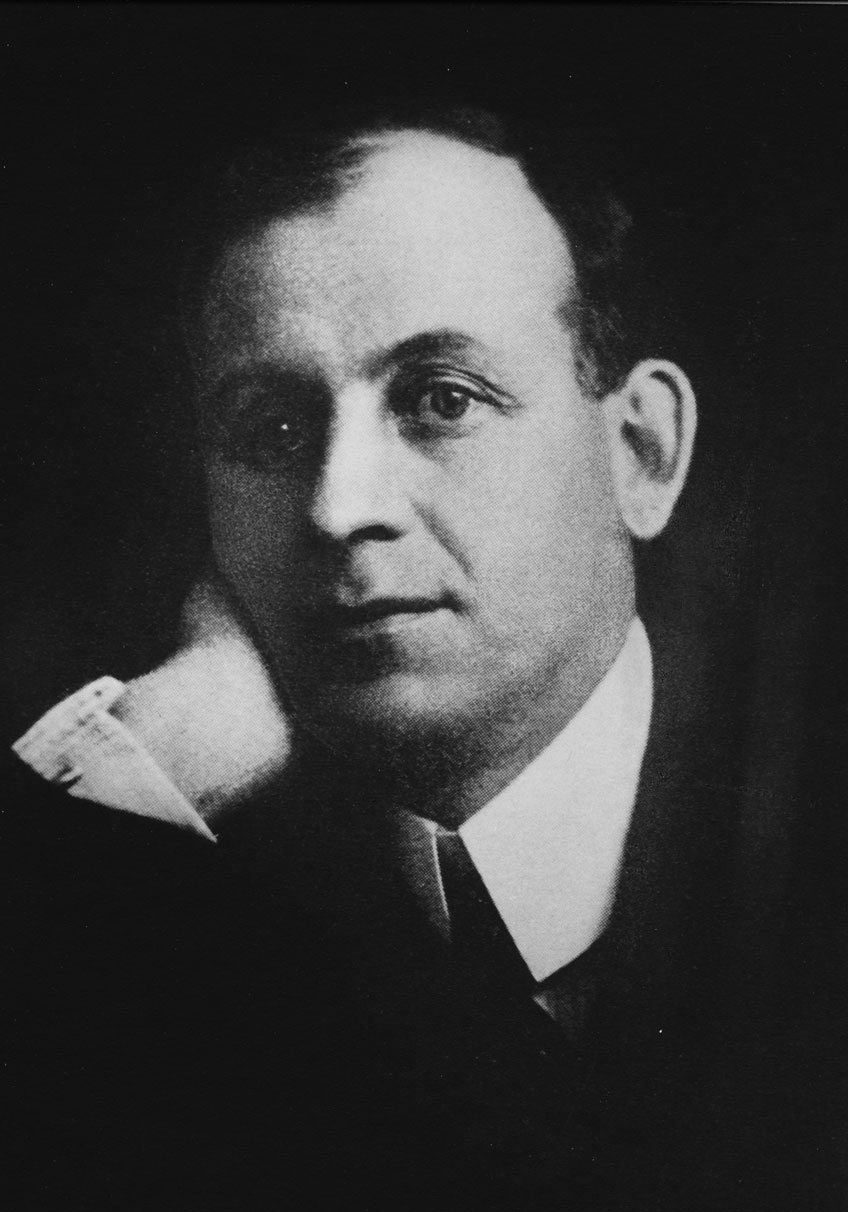Napoléon-Antoine Belcourt, c. 1900, artiste inconnu, Université d’Ottawa, CRCCF, Fonds Association canadienne-française de l’Ontario (C2), Ph2-29.
Coutoisie de l’Université d’Ottawa, Centre de recherche en civilisation canadienne-française (CRCCF).

Napoléon-Antoine Belcourt, c. 1900, artiste inconnu, Université d’Ottawa, CRCCF, Fonds Association canadienne-française de l’Ontario (C2), Ph2-29.
Coutoisie de l’Université d’Ottawa, Centre de recherche en civilisation canadienne-française (CRCCF).
Napoléon-Antoine Belcourt, c. 1900, Artist Unknown, University of Ottawa, CRCCF, Fonds French Canadian Association of Ontario (C2), Ph2-29.
Courtesy of the University of Ottawa, Centre for Research on French Canadian Culture (CRCCF).


Né à Toronto d’un père canadien-français et d’une mère canadienne-anglaise, Napoléon-Antoine Belcourt fait ses études primaires et secondaires au Séminaire Saint-Joseph de Trois-Rivières et ses études de droit à l’Université Laval de Montréal. Titulaire d’une maîtrise en droit, summa cum laude, il est admis au Barreau du Québec en 1882 et à celui de l’Ontario en 1884. Il s’établit à Ottawa en 1894 où il est greffier du district judiciaire et avocat de la Couronne pour le comté de Carleton jusqu’en 1896.
Cette année-là, il se porte candidat à la Chambre des communes et est élu député libéral. Réélu aux élections de 1900 et de 1904, il est président de la Chambre des communes de 1904 à 1907. Entre temps, Napoléon-Antoine Belcourt est appelé au Conseil privé en 1905 et est nommé au Sénat en 1907, poste qu’il occupe pendant 24 ans. Tout en occupant ces fonctions publiques, il fonde et dirige un important cabinet d’avocats, Belcourt et Ritchie, à Ottawa.
Toujours sénateur, Belcourt se fait élire président de l’Association canadienne-française d’Éducation d’Ontario de 1910 à 1912, puis à nouveau de 1920 à 1930. Chef de file respecté des Franco-Ontariens, il défend la cause des Canadiens-Français d’Ontario contre l’inique Règlement XVII devant la Cour suprême de l’Ontario et en 1916 au Conseil privé à Londres, alors le plus haut tribunal du pays. Orateur, il fait publier une demi-douzaine de conférences sur les droits des Franco-Ontariens et sur le bilinguisme au Canada. Il contribue de sa plume à des journaux et revues en matières légales, sociales et éducatives et deviendra lui-même propriétaire et éditeur du journal Le Temps d’Ottawa dans les années 1910. Napoléon-Antoine Belcourt travaille aussi à l’organisation de la Unity League, une association regroupant des Canadiens de langue anglaise et de langue française afin de faire comprendre aux Canadiens-Anglais le sens et la justesse des revendications franco-ontariennes en matière d’éducation.
Ses fonctions à titre de juriste, de parlementaire et d’homme d’État l’amènent à diriger de nombreux organismes et à participer à de nombreux regroupements.
Born in Toronto to a French-Canadian father and an English-Canadian mother, Napoléon-Antoine Belcourt attended St. Joseph Seminary in Trois-Rivières for his primary and secondary education and studied law at Laval University in Québec. Holding a Masters in Law, summa cum laude, he was admitted to the Québec Bar in 1882 and to that of Ontario in 1884. He moved to Ottawa in 1894 where he was Clerk of the district court and crown counsel for Carleton County until 1896.
That year, he ran for Parliament and was elected Liberal MP. Re-elected in the elections of 1900 and 1904, he was Speaker of the House of Commons from 1904 to 1907. Meanwhile, Napoléon-Antoine Belcourt was called to the Privy Council in 1905 and was appointed to the Senate in 1907, a position he held for 24 years. While occupying these public offices, he founded and led a major law firm, Belcourt and Ritchie, in Ottawa.
Still senator, Belcourt was elected president of the French Canadian Association of Education of Ontario from 1910 to 1912 and again from 1920 to 1930. A leader respected among Franco-Ontarians, he advocated for French-Canadians from Ontario against the unjust Regulation XVII in front of the Supreme Court of Ontario and, in 1916, at the Privy Council in London, at the time the highest court in the land. As a public orator, he published half a dozen talks on the rights of Franco-Ontarians and on bilingualism in Canada. He contributed to newspapers and magazines on legal, social and educational matters and he himself became owner and publisher of the newspaper Le Temps d’Ottawa in the 1910s. Napoléon-Antoine Belcourt also worked on the organization of the Unity League, an association of English and French Canadians to help English Canadians understand the meaning and justice of the claims regarding Franco-Ontarian education.
His duties as a jurist, parliamentarian and statesman lead him to direct many organizations and participate in many gatherings.
Réseau du patrimoine franco-ontarien
Source
Le CRCCF s’intéresse à la société et à la culture des communautés francophones de l’Amérique du Nord d’hier et d’aujourd’hui. Il mène des activités de recherche et de diffusion du savoir en plus de conserver et de mettre en valeur une riche collection de ressources documentaires. Dans le monde de la recherche universitaire sur les francophonies canadiennes, le CRCCF se distingue par le développement en synergie de ces trois volets d’activité : archives, recherche et publications.
The Centre for Research on French Canadian Culture (Centre de recherche en civilisation canadienne-française or CRCCF) of the University of Ottawa was founded in 1958 and offers a range of specialized services to the university, faculty and students, as well as the public at large. An abundance of research material (textual documents, photographs, audio and video tapes, newspapers and periodicals) on French Canada is available at the Centre’s archives.
Info: 65, rue Université, pièce 040, Ottawa, ON, K1N 6N5
Tel: 613-562-5877
arts.uottawa.ca